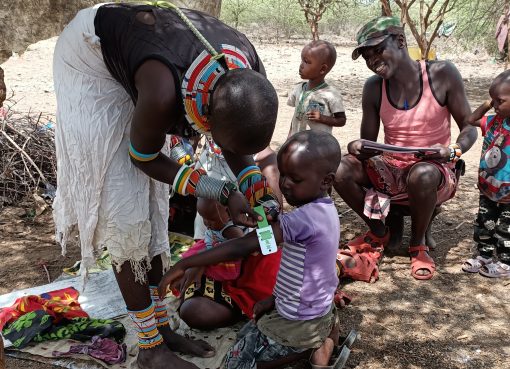A Kericho human rights defender has called on the government to crack the whip on a section of vernacular radio stations in the area that are exposing listeners to addictive betting culture.
In an interview with KNA in Litein town within Bureti sub-county, the Kericho Centre for Human Rights (KCHR) Executive Officer, Robert Ngeno, said it was a grave concern that the gambling trend was fast catching up with some radio stations in the area.
Ngeno alleged that a section of the vernacular radio stations had abandoned programmes to engage in 24 hours of betting where they were cheating listeners to enter into fictitious competitions by sending money for them to win.
“All has been well until recently, when gambling found itself in the heart of the media industry, where some radio stations have gone overboard, sparking public disapproval, and most of these vernacular radio stations are gradually gravitating into gambling culture, which appears to be fast gaining momentum. The forms of gambling are as simple as sending money via pay bill, which they keep changing in every draw where you deposit as little as Sh30 or Sh50 after being persuaded with the promise of getting Sh50 to Sh100,000,” said Ngeno.
Ngeno called on broadcast media houses to decide to conduct themselves with high standards of professionalism and ethics so as to facilitate objective reporting or opt to become betting companies.
“The concern is that professional journalism is equally on the brink of sinking into abyss when basic ethics and professional practices are overlooked. Media practitioners are financially exploiting the public and exposing them to dangerous betting, gambling, and other habits. Media houses need to decide to practice and uphold professionalism because betting and gambling will turn them into casinos and taint the media profession negatively,“ said Ngeno.
The Kericho human rights defender observed that media owners and other practitioners within the industry must be held responsible in a bid to curtail their quests for profits and popularity at the expense of destroying the moral fabrics of their audiences, who are primarily the youth.
By Sarah Njagi





